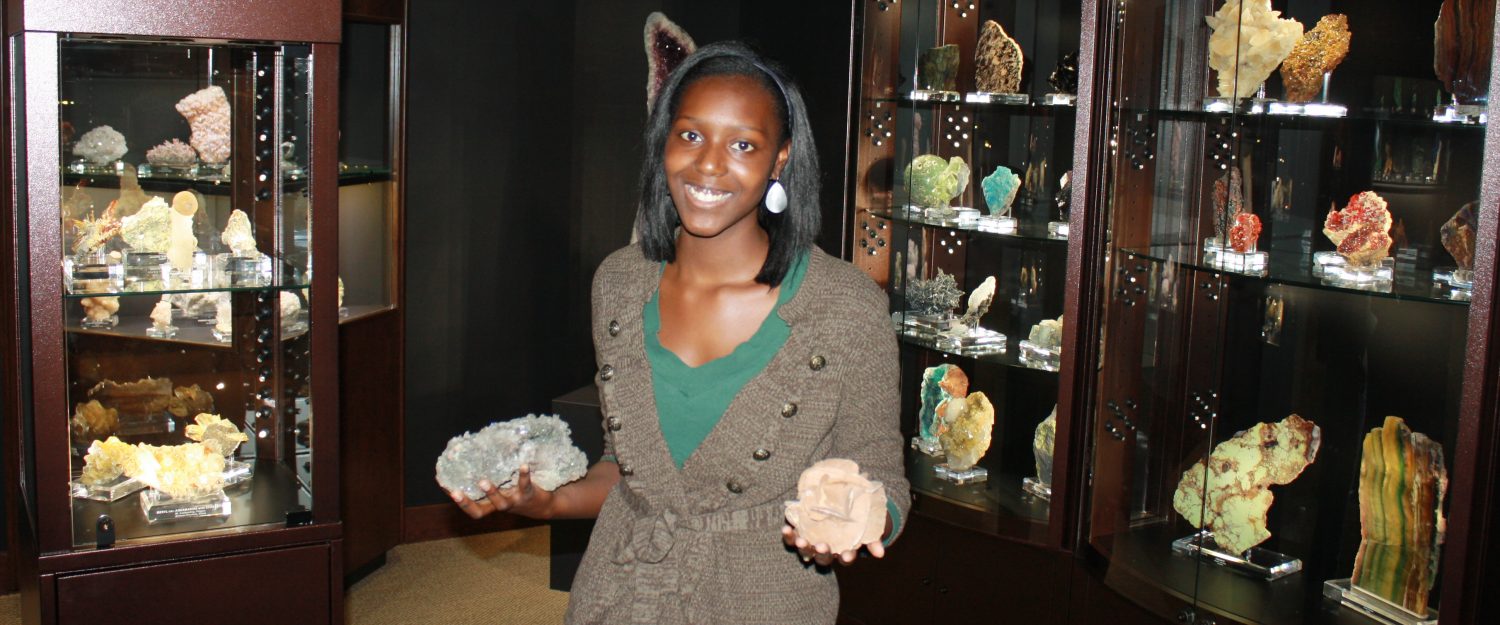If you walk through the basement of North Hall during chapel break, you’ll hear peals of laughter from the Geology/Geography/Environmental Studies (Geo) department’s communal gathering room. Professors move around, interacting with students, while the smell of food travels through the halls.
After faculty in the Geo department took a survey assessing their satisfaction with their workplace community, human resources dubbed them the “happiest” educational department on campus.
This was no surprise to professor Jason VanHorn. “Who doesn’t like maps, rocks and the environment — nature?” he laughed.
He said that the survey, which is new this year, “gives us the ability to see what areas we need to improve in and what areas we are struggling in as a Christian workplace.”
VanHorn was quick to allow that “there were lots of high scoring departments; we just happened to be the highest.”
Technically, the survey questions weren’t specifically about happiness, clarified department chair and professor Johnathan Bascom. Faculty were asked to rank statements such as, “I’m satisfied with the opportunities to use my skills.”
Additionally, he said their data was “pooled with the Physics department.” However, it seems — for reasons undetermined — that the Geo department was specifically given the title of “happiest.”
Bascom was also slow to take credit, simply saying, “Ultimately, people are satisfied with where they’re at if they are known and appreciated.”
But, VanHorn acknowledged, “There’s a lot of joy in this department.”
“Our department works toward consensus,” he explained. “We encourage each other a lot. We encourage innovation and initiative. We encourage new ideas.”
Bascom agreed, saying faculty members “have been characterized by a genuine humility and that has created a working environment that is somewhat unique… It just allows us to do a lot of decision making by consensus rather than voting.” He said this “takes longer but creates an atmosphere of trust and a mutual listening spirit.”
According to VanHorn, “The faculty are all genuinely interested in growing in their walk with God.”
Bascom explained, “There’s a freedom [among faculty] to open up about one another’s lives, as well as challenges and joys… a ready supportiveness in times of difficulties.”
But, he said, “The story is not just about a happy faculty but a high level of satisfaction shared among students in this department.”
According to Audrey Hughey, a recent Environmental Studies graduate who is currently working with Professor Bascom, “A big part of why we’re the happiest is not only because we like each other as a department, but because the faculty come and interact with us and love their jobs… We get to interact with them outside of class.”
Drew Bell, a sophomore Geography major, agreed.“Their doors are always open,” he said. “They’ll bend over backwards for you.”
“We have a real genuine interest in our students and it seems we have a real community here,” said VanHorn. “Our spaces play a role in that. … Our faculty offices are right here and we’re constantly involved.”
Bascom agreed and pointed out the commons space, called the “geo lounge,” as a big contributor.
“You’d be amazed by the amount of laughter, study partnering, shared food from the microwave and puzzling together,” he said.
According to Bell, the room, which is right next to faculty offices, is “a congregating place for those that are like-minded.”
“People will be here during breaks,” said Hughey. “Faculty come and eat lunch with us.”
This works, according to Bascom, because “we’ve given our best space… to the community instead of to an individual faculty member.”
Not only does the Geo department think about how spaces affect community, but it is also focused on and involved in nature. Perhaps these are reasons for the so-called happiness of the department.
“We all have something in common of loving the earth,” said Hughey. “The vast majority of us are outdoor people and like to have fun.”
“We do get outdoors a lot,” said VanHorn. “Our disciplines in Geo are highly field based, which allows us to have human-environment interaction all the time. … Engagement with nature has profound effects on our human spirit.”
Bascom agreed. “We explore and adventure together. … This nurtures a sense of community, not only among faculty, but among students.”








